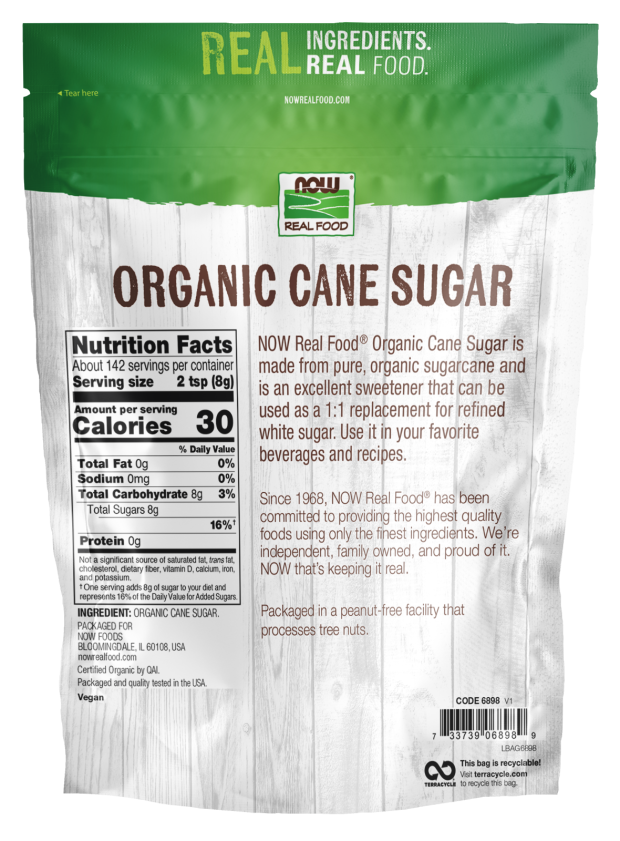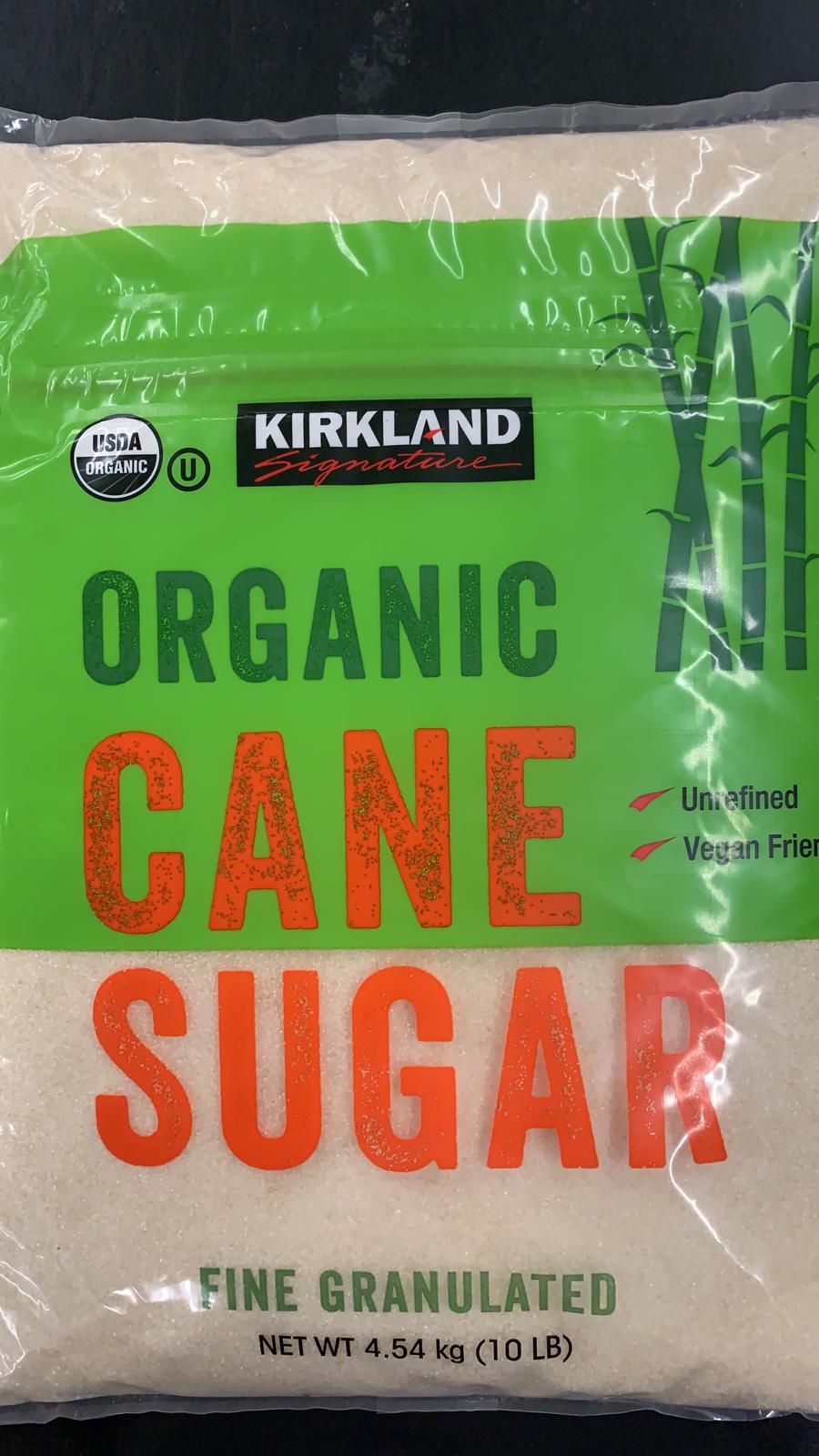An In-depth Review of the Wellness and Economic Effects of Walking Stick Sugar Handling on Regional Areas
Cane sugar handling plays a critical duty in forming the financial landscape of regional areas, using employment chances and boosting supplementary sectors. The health and wellness implications connected with high sugar usage can not be neglected, as they contribute to increasing prices of obesity and diabetes mellitus.
Economic Benefits of Walking Stick Sugar Processing
Walking stick sugar handling uses considerable financial benefits that extend beyond the prompt farming sector. The farming and processing of sugarcane produce numerous task possibilities, from farming to production and circulation. This employment generation not just sustains regional economic situations however likewise cultivates area advancement by giving secure earnings resources for families.
Additionally, the sugar market stimulates ancillary services, consisting of transportation, equipment supply, and packaging solutions (Cane Sugar Processing). As these markets grow, they add to a much more durable financial framework, enhancing general area durability. The export possibility of processed walking cane sugar even more amplifies economic advantages, placing regions as affordable players in worldwide markets
Financial investment in modern-day processing facilities can cause increased productivity and efficiency, consequently lowering waste and optimizing resource usage. This change not just benefits the regional economy yet also sustains sustainability initiatives by reducing ecological impacts.
Moreover, the revenue created from walking stick sugar processing can be reinvested in neighborhood framework, education and learning, and health care, advertising holistic area growth. Overall, the financial advantages of walking stick sugar processing are complex, giving a foundation for enduring success in farming areas.
Health And Wellness Dangers Connected With Sugar Usage
Excessive sugar usage postures substantial health risks that require serious focus. High intake of sugarcoated, particularly from refined drinks and foods, has actually been linked to countless wellness issues. Among the most pressing issues is weight problems, as sweet diet regimens add to an increased caloric intake without giving necessary nutrients. This unwanted can cause metabolic conditions, consisting of type 2 diabetes mellitus, which has become increasingly widespread in both children and grownups - Cane Sugar Processing.
Moreover, high sugar intake is connected with heart disease. Raised blood sugar level levels can bring about insulin resistance, a precursor to numerous heart-related issues. In addition, sugar can have detrimental effects on dental health, causing tooth cavities and gum tissue condition, as bacteria in the mouth prosper on sugar, producing acids that deteriorate tooth enamel.
Furthermore, emerging study recommends a potential web link in between high sugar consumption and psychological health and wellness conditions, such as anxiety and stress and anxiety. As communities face these health threats, it comes to be necessary to promote understanding and encourage healthier dietary options. Attending to sugar consumption is essential not just for specific health but additionally for the total health of regional neighborhoods, highlighting the demand for comprehensive public health methods.
Environmental Impacts of Sugar Manufacturing
Regularly neglected in conversations concerning sugar's ramifications is the considerable ecological effect of sugar manufacturing. The growing of sugarcane often requires comprehensive land usage, resulting in logging, loss of biodiversity, and interruption of neighborhood environments. The conversion of forests and wetlands into sugar vineyards can lead to habitat devastation, threatening various types and altering environmental balance.
Furthermore, sugar production is resource-intensive, consuming significant amounts of water for irrigation. This can cause deficiency of neighborhood water sources, detrimentally influencing both farming techniques and neighborhood accessibility to clean water. In addition, making use of chemical fertilizers and chemicals in sugarcane farming can add to soil deterioration and water pollution, as runoff from these chemicals gets in nearby rivers and lakes, influencing other water life and human health and wellness.
The environmental footprint includes the processing phase, where energy usage and waste generation more intensify environmental worries. Air contamination from shedding sugarcane areas, in addition to greenhouse gas emissions, add to environment change. As such, the ecological ramifications of sugar manufacturing warrant major consideration, urging stakeholders to take on more sustainable practices to mitigate these negative effects on regional environments and areas.
Job Development and Neighborhood Growth
The ecological challenges postured by sugar manufacturing are commonly reversed by its capacity for financial advantages, specifically in work creation and area development. The cane sugar market acts as a considerable resource of employment in many backwoods, providing jobs across various skill levels, from agricultural labor to handling and circulation roles. This work not just supports individual families however also adds to the overall economic vigor of neighborhood areas.
Moreover, the establishment of sugar handling facilities boosts secondary organizations, such as transport solutions, equipment supply, and maintenance suppliers. As these businesses prosper, they develop extra work and bolster regional economic climates. The profits generated from the sugar industry likewise causes boosted tax incomes, which can be reinvested right into social work such as education, infrastructure, and health care growth.
Furthermore, the sugar industry frequently takes part in area growth campaigns, such as sustaining regional schools and health programs, thereby enhancing the top quality of life for homeowners. By promoting solid community connections and promoting financial growth, the walking cane sugar processing market plays a vital duty in uplifting local populations, making it a crucial component of lasting advancement approaches in sugar-producing areas.
Harmonizing Health And Wellness and Economic Development
In navigating the intricacies of walking cane sugar handling, an essential challenge hinges on stabilizing wellness factors to consider with economic growth. The sugar market considerably adds to neighborhood economies by producing tasks, promoting related sectors, and enhancing tax incomes. However, the health implications connected with too much sugar usage can lead to chronic conditions such as weight problems, diabetes mellitus, and cardio issues, which can problem public health and wellness systems and diminish labor force productivity.

Moreover, governing frameworks can play a crucial function in directing market methods towards more lasting and health-conscious approaches. By cultivating collaboration in between federal government bodies, wellness companies, and the sugar industry, areas can browse the duality of wellness and economic growth, making sure that the advantages of walking stick sugar processing are equitably shared while focusing on public wellness.
Final Thought
To conclude, the handling click site of walking cane sugar provides both substantial financial benefits and notable wellness dangers for local areas. While it fosters job production and boosts regional advancement, the involved wellness problems, especially concerning obesity and diabetes, require a mindful harmonizing act. By promoting responsible usage and investing in area education and learning and sustainable techniques, it is possible to make the most of economic benefits while lessening negative health and wellness impacts, thereby making certain a healthier future for neighborhood populations.
Additionally, sugar can have destructive effects on dental health, resulting in dental caries and periodontal disease, as bacteria in the mouth grow on sugar, creating acids that erode tooth enamel.
Resolving sugar intake is crucial not only for specific wellness but likewise for the overall health of local neighborhoods, highlighting the demand for comprehensive public health and wellness techniques.
Frequently ignored in discussions regarding sugar's ramifications is the substantial environmental impact of sugar manufacturing. The health ramifications connected with too much sugar intake can lead to persistent illness such as weight problems, diabetes mellitus, and cardio concerns, which can problem public wellness systems and diminish workforce efficiency.
